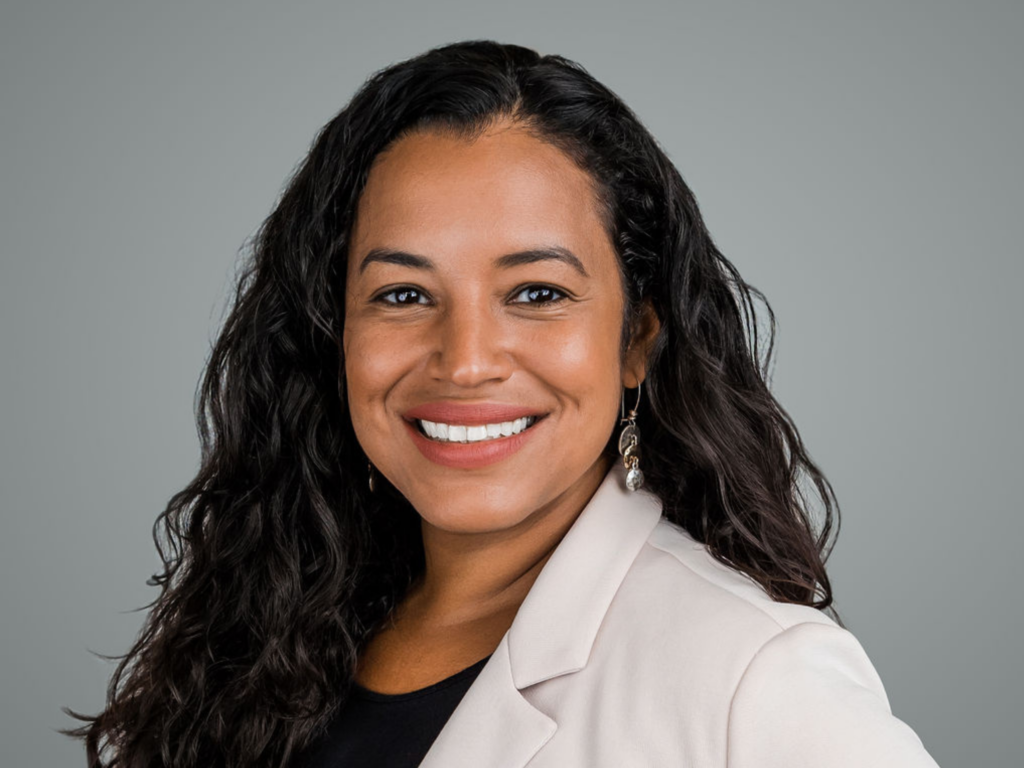By Ted Mitchell, Chief Executive Officer of NewSchools Venture Fund and and Jonathan Schorr, Partner at NewSchools Venture Fund. As seen in the Washington Post, April 6, 2008.
Odds are, your bracket for the NCAA men’s final didn’t match up Butler and Western Kentucky.
But that’s the way it would go in an alternate universe where graduation rates, rather than baskets scored, decided the game. As it stands today, only one of the schools in this year’s Final Four, North Carolina, manages to graduate a majority of its players — or more than a third of its black players.
In addition to all the fast-paced excitement it brings, March Madness shines a light on one of the most troubling aspects of college sports: graduation rates of African American students, who make up most of the Division I athletic teams. But while the players’ high dropout rate gets much of the attention, non-athletes fare even worse.
A study of NCAA schools released last month by the University of Central Florida’s Institute for Diversity and Ethics in Sport found that 53 percent of African American basketball players finish college — compared with a dismal 37 percent for black students overall at those schools. (Of the athletes, few are disappearing to play pro ball; despite the dreams that may have lured them to the court, barely 1 percent of male players are drafted by the NBA.)
Once a year these numbers get some attention. In what has become an annual ritual, tucked between rounds of our office pools, we heap criticism on college athletic departments each March for paying too little attention to the “student” part of their student-athletes. No doubt it’s a worthy issue on which to push universities, and they’ve made some progress in this area. But focusing on the student-athletes leaves us missing the big picture.
The larger truth is that graduation is the last stop for an academic train whose passengers mostly disembark at earlier stations. According to statistics released last week by America’s Promise Alliance, only 53 percent of African American students complete high school. Of those, federal data show, just over half enroll in college — and most of those in two-year colleges. In other words, by the time college begins, nearly three-quarters of African American students already have been left behind. And even for those who enroll at four-year colleges, African Americans make it through at two-thirds the rate of their white peers.
Rather than placing blame solely on university athletic departments, it’s time we looked more deeply into why so many low-income African American students (and Latinos, whose dropout rates are slightly greater) don’t complete college. Clearly, the answers have to do with failures of academic preparation, affordability barriers and a lack of support in colleges. But colleges shouldn’t have to do this work alone.
Entrepreneurial, creative organizations such as College Track, College Summit and Posse are working in cooperation with colleges to change these numbers. At the NewSchools Venture Fund, we’re delighted to work closely with schools and organizations that are trying new things to change the numbers: providing intensive connections with alumni; setting up college-level support groups; creating coaching and mentorship teams; and forming partnerships among schools, colleges and data clearinghouses. It’s important work. But we need to see much more effort in this area.
Meanwhile, it’s instructive to look at which colleges are evening the odds for graduation. In one intriguing analysis, Education Sector created a final matchup using the whole team’s graduation rate as the deciding factor. In that competition, the last two teams standing would be Davidson and Stanford. Education Sector also calculated a matchup using the smallest gap between a team’s historic graduation rate and the school’s overall graduation rate. There, the teams to keep your eye on would be George Mason and Oklahoma.
Ted Mitchell, president of the California Board of Education, is chief executive of NewSchools Venture Fund. Jonathan Schorr is a partner at NewSchools Venture Fund.

